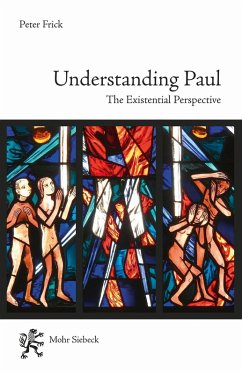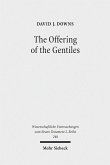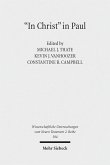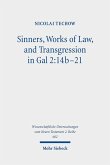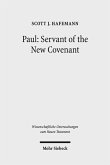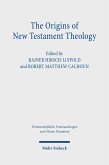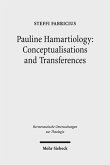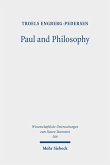Peter Frick argues hermeneutically that the key issue to which the apostle Paul correlates the death and resurrection of Jesus Christ is the power of sin. Understood in the tradition of Heidegger, sin (singular) is an ontological-existential category and distinct from sins (plural). For the death of Jesus to be effective in overcoming the death sentence of the power of sin, salvation is established strictly in the resurrection of Jesus. The correlation between plight and solution lies on the ontological level. Just as sin is an ontological structure unto death, so the resurrection provides a new ontological structure towards life. In the resurrection, death itself died. If so, an ontological foundation of salvation raises the question of the meaning of Jesus? life, suffering, and violent death. The questions discussed in the second part of the book include the significance of Christ/Messiah vis-à-vis sin, sins, and Torah, how faith is related to salvation, how a Christian ethic must be conceived on the basis of an ontological understanding of sin, and what life in view of a new creation might look like. These questions will be examined from an existential perspective in view of our contemporary existence. Born 1961; former Academic Dean and current Professor of Religious Studies at United College (formerly St. Paul?s University College) at the University of Waterloo, Canada.""""
Dieser Download kann aus rechtlichen Gründen nur mit Rechnungsadresse in A, B, BG, CY, CZ, D, DK, EW, E, FIN, F, GR, HR, H, IRL, I, LT, L, LR, M, NL, PL, P, R, S, SLO, SK ausgeliefert werden.

